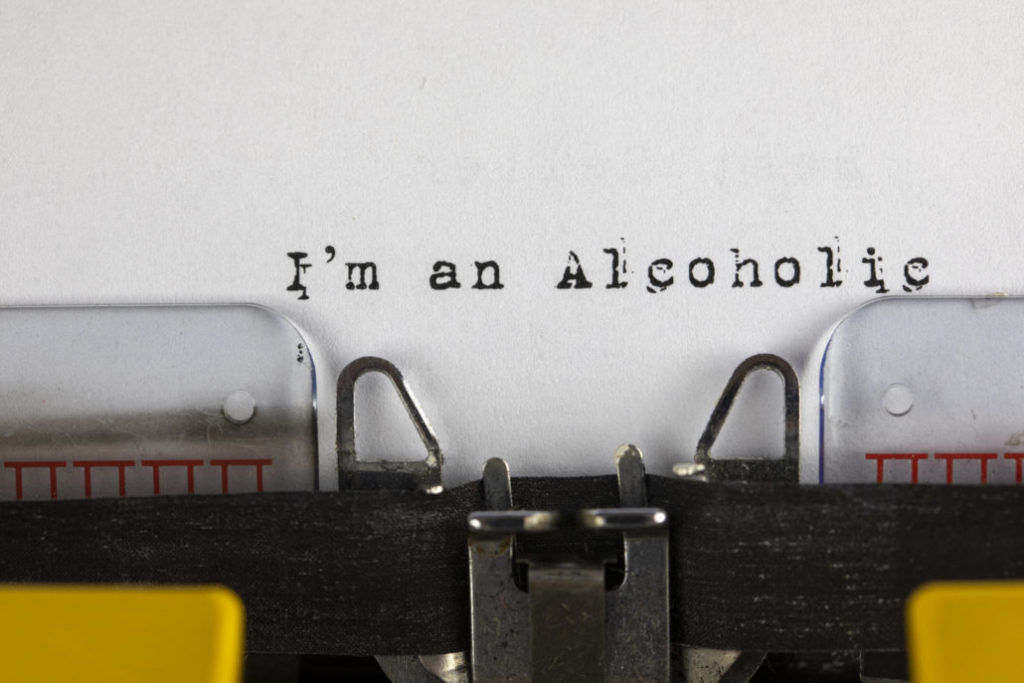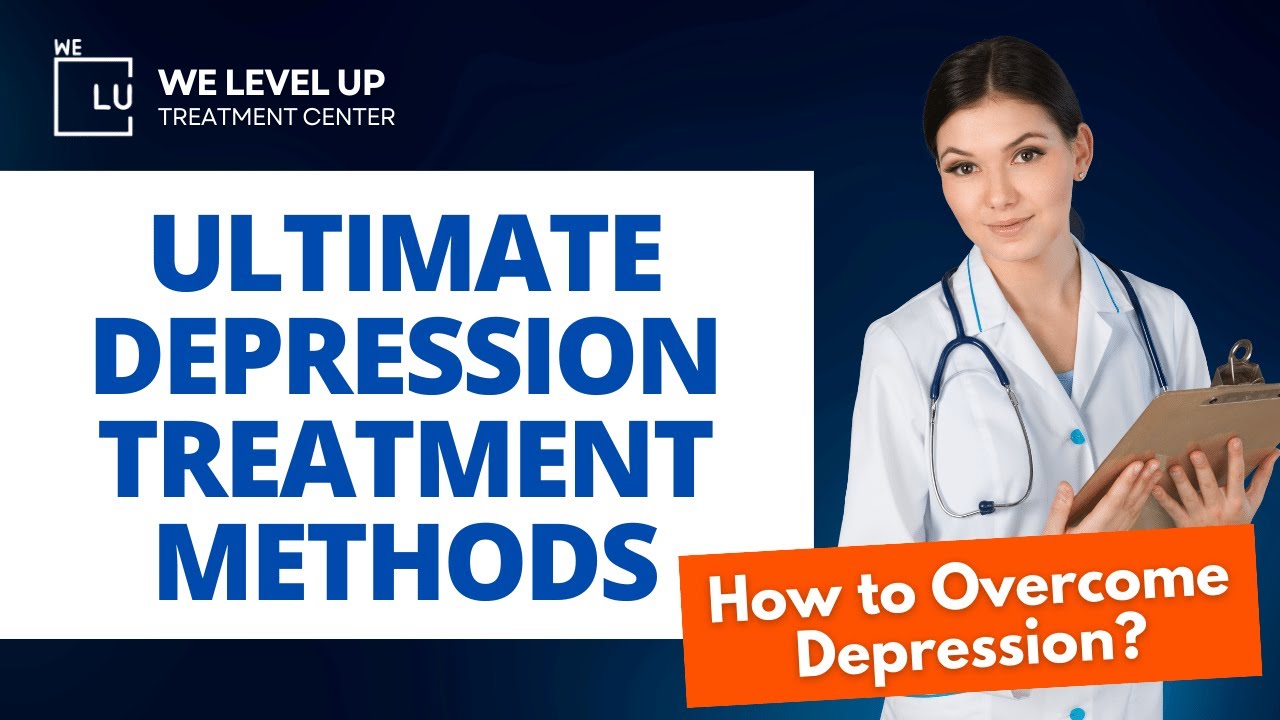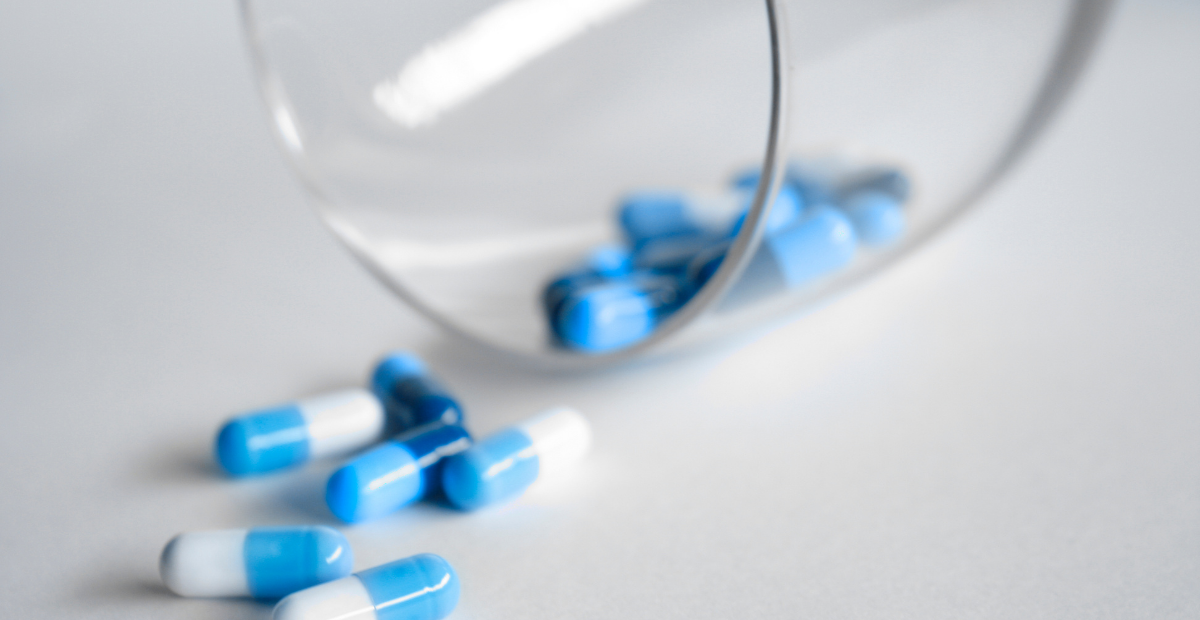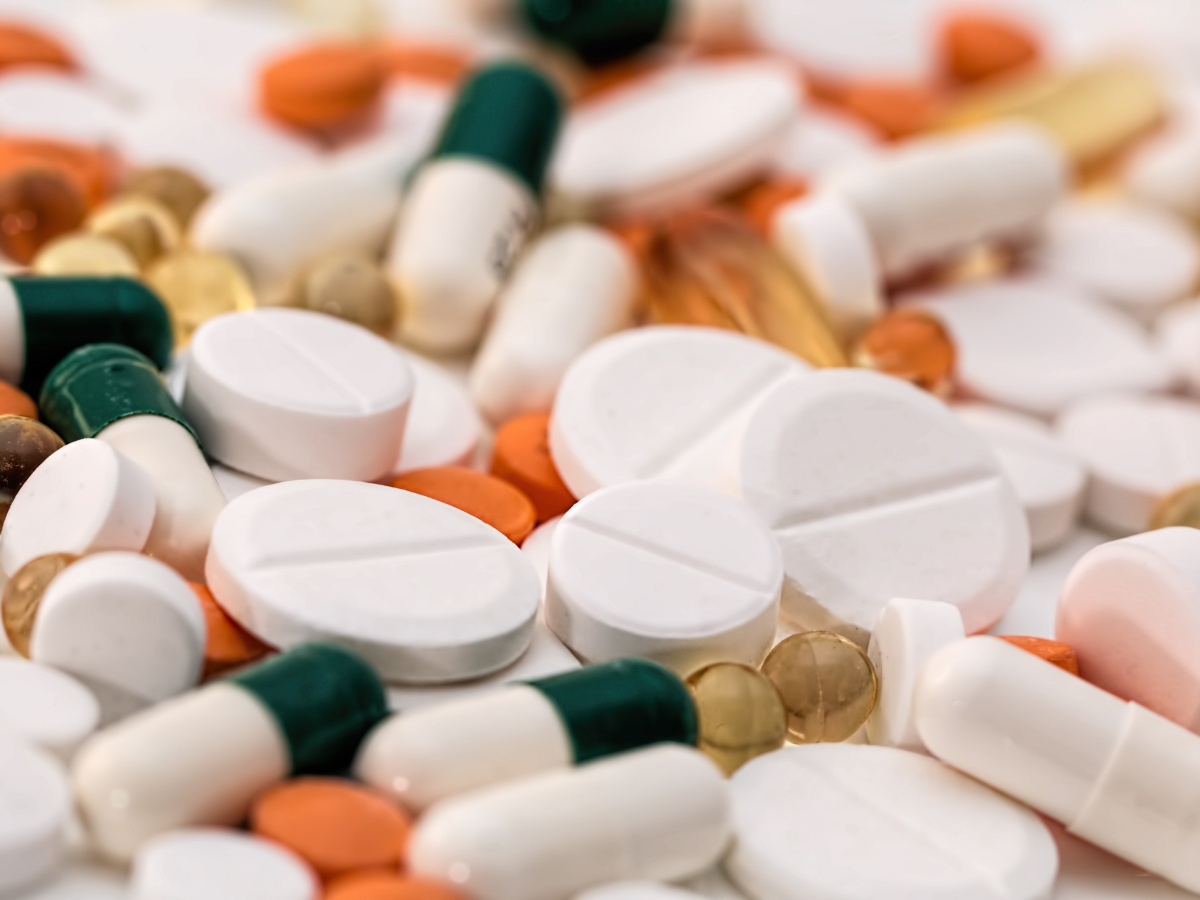What Is Alcohol?
Alcohol is arguably the single most addictive and dangerous substance that is legal to consume in the United States. A legal substance, alcohol consumption has become completely normal and almost expected when in many social settings.
Alcohol is a chemical substance that stimulates the release of dopamine and endorphins, which are connected with producing feelings of pleasure, pain relief, and satisfaction. For one, the simple fact that alcohol produces these effects creates a sense of reward. Additionally, heavy drinking over time can cause physical changes in the brain and lead to alcohol dependency and cravings. In short, alcohol is addictive on a physiological and psychological level.
What Is a Drug?
Drugs are chemical substances that can change how your body and mind work. They include prescription medicines, over-the-counter medicines, alcohol, tobacco, and illegal drugs.
Not everyone who uses drugs becomes addicted. Everyone’s bodies and brains are different, so their reactions to drugs can also be different. Some people may become addicted quickly, or it may happen over time. Other people never become addicted. Whether or not someone becomes addicted depends on many factors. They include genetic, environmental, and developmental factors. [1]

Mixing Alcohol With Other Drugs
Alcohol is a drug. When you take alcohol with another drug, there is interaction in your body where one drug alters the other drug’s effects. Mixing alcohol with other drugs can be unpredictable and dangerous. If you consume alcohol with other drugs, the effects could be nausea, illness, or death.
Is Alcohol Classified As A Drug?
Is alcohol a drug? Alcohol is a depressant drug and one of the most used drugs, plays a large role in many societies and cultures around the world, and greatly impacts public health. More people in the United States have used alcohol in the past year than any other drug or tobacco product, and alcohol use disorder is the most common type of substance use disorder in the United States. [2]
How Does Alcohol Work?
Why is alcohol considered a drug? Alcohol, like other drugs, has a powerful effect on the brain, producing pleasurable feelings and blunting negative feelings. These feelings can motivate some people to drink alcohol again and again, despite possible risks to their health and well-being. For example, research shows that over time, drinking to cope with stress—while it may provide temporary relief from emotional discomfort—tends to enhance negative emotional states between bouts of alcohol consumption. These changes can motivate further drinking and cause an individual to become stuck in an unhealthy cycle of alcohol consumption.
As individuals continue to drink alcohol over time, progressive changes may occur in the structure and function of their brains. These changes can compromise brain function and drive the transition from controlled, occasional use to chronic misuse, which can be difficult to control. The changes can endure long after a person stops consuming alcohol, and can contribute to relapse in drinking.
The Effects Of Alcohol
Alcohol consumption is linked to many health and social consequences, including interference with personal relationships, heart and liver diseases, cancers, motor vehicle collisions and other accidents, alcohol overdose, violence, homicide, and suicide. If a person has AUD, particularly if it is moderate to severe and involves alcohol addiction, they are more likely to regularly consume alcohol in levels associated with these effects on health.
Short-Term Side Effects Of Alcohol
In low doses, alcohol produces:
- A relaxing effect
- Reduced tension
- Lowered inhibitions
- Poor concentration
- Slow reflexes
- Slow reaction time
- Reduced coordination
- Slower brain activity
- Sensations and perceptions that are less clear
In medium doses, alcohol produces:
- Slurred speech
- Sleepiness
- Altered emotions
- Poor vision
- Sleepiness and disruption of sleeping patterns
- Increased urine production
- More blood flow to skin surface
- Lower core body temperature

In high doses, alcohol produces:
- Vomiting
- Uncontrolled urination
- Uncontrolled defecation
- Breathing difficulties
- Passing out
- Alcohol poisoning
- Coma
- Possible death
Long-Term Side Effects Of Alcohol
- Disrupts normal brain development
- Liver damage and cirrhosis of the liver
- Brain cells die, decreasing brain mass
- Stomach and intestinal ulcers and destroyed organs
- Blood pressure increases, causing heart disease, heart attack, or stroke
- Male sperm production decreases
- Lower levels of iron and vitamin B, causing anemia
- Alcoholism
- Death; and
- Fetal alcohol syndrome in unborn children
Why Is Alcohol Addictive?
Is alcohol a drug? Yes, it is one of the most addictive drugs. Addiction can be framed as a repeating cycle, with three stages. Each stage is linked to and feeds on the others. These stages primarily involve three domains: incentive salience, negative emotional states, and executive function. The domains are reflected in three key regions of the brain: the basal ganglia, the extended amygdala, and the prefrontal cortex, respectively. A person may go through this three-stage cycle over the course of weeks or months or progress through it several times in a day. Note also that a person can enter the cycle of addiction at any one of the following stages:
1. Binge/Intoxication Stage: reward, incentive salience, and pathological habits
- During this stage, a person experiences the rewarding effects of alcohol, such as euphoria, the reduction of anxiety, and the easing of social interactions.
- Repeated activation of the basal ganglia’s reward system reinforces alcohol drinking behavior, increasing the likelihood of repeated consumption. The basal ganglia play an important role in motivation as well as in the formation of habits and other routine behaviors.
- This repeated activation of the basal ganglia also ultimately triggers changes in the way a person responds to stimuli associated with drinking alcohol, such as specific people, places, or alcohol-associated cues such as certain glassware or images or descriptions of drinking. Over time, these stimuli can trigger powerful urges to drink alcohol.
- Repeated alcohol consumption also results in changes in the basal ganglia that lead to habit formation, ultimately contributing to compulsive use.
2. Negative Affect/Withdrawal Stage: reward deficits and stress surfeit

- When a person who is addicted to alcohol stops drinking, they experience alcohol withdrawal symptoms—or symptoms that are opposite to the positive effects of alcohol that are experienced when drinking it. These symptoms can be physical (sleep disturbances, pain, feelings of illness) and emotional (dysphoria, irritability, anxiety, and emotional pain).
- The negative feelings associated with alcohol withdrawal are thought to come from two sources. First, a diminished activation in the reward systems—or a reward deficit—of the basal ganglia makes it difficult for people to experience the pleasures of everyday living. Second, an increased activation of the brain’s stress systems—or a stress surfeit—in the extended amygdala contributes to anxiety, irritability, and unease.
- At this stage, the person no longer drinks alcohol for the pleasurable effects (“high”), but rather to escape the “low” feelings to which chronic alcohol misuse has contributed.
3. Preoccupation/Anticipation Stage: craving, impulsivity, and executive function
- This is the stage at which an individual seeks alcohol again after a period of abstinence. A person becomes preoccupied with alcohol and how to get more of it, and looks forward to the next time he or she will consume it.
- The prefrontal cortex—an area of the brain responsible for executive function, including the ability to organize thoughts and activities, prioritize tasks, manage time, and make decisions—is compromised in people experiencing alcohol addiction. As a result, this area of the brain plays a key role in this stage.
Alcohol addiction is a chronic relapsing disorder associated with compulsive alcohol drinking, the loss of control over intake, and the emergence of a negative emotional state when alcohol is no longer available. Alcohol use disorder (AUD) is a condition characterized by an impaired ability to stop or control alcohol use despite adverse social, occupational, or health consequences. It is a spectrum disorder and can be mild, moderate, or severe and encompasses the conditions that some people refer to as alcohol abuse, alcohol dependence, or the colloquial term, alcoholism. Alcohol addiction refers to the moderate to severe end of the AUD spectrum. [3]
Alcohol Treatment
Is alcohol a drug? Yes, and…There are two major signs of alcohol addiction: tolerance and withdrawal. The body builds up a tolerance to alcohol after continued exposure. As the body adapts to continue functioning, the tolerance increases and leads to a person needing to consume even more alcohol to achieve the desired effects. Furthermore, the body begins to expect the presence of alcohol and the chemical make-up of the body depends on it.
The second sign is Withdrawal. This will be seen when the inflow of alcohol stops for whatever reason and the body is forced to revert to operate without it. Physical symptoms of the second stage include stress and anxiety, accelerated heart rate, disorientation, nausea, the need to purge, and insomnia. If a person experiences these symptoms yet continues to drink to calm the discomfort, these are clear signs that help is needed.
Those suffering from addiction for long periods of time at high rates of use usually experience more severe withdrawal symptoms, making the process more difficult for them. The symptoms may seem to get worse through the detox process. They need constant care and attention to help manage the symptoms. Delirium Tremens may lead to death if they are not managed well and in time. Alcohol addiction treatment is within your reach to ensure your recovery starts on a comfortable and safe step.
If you, your friend, or your family need help with alcoholism, contact We Level Up TX today.





